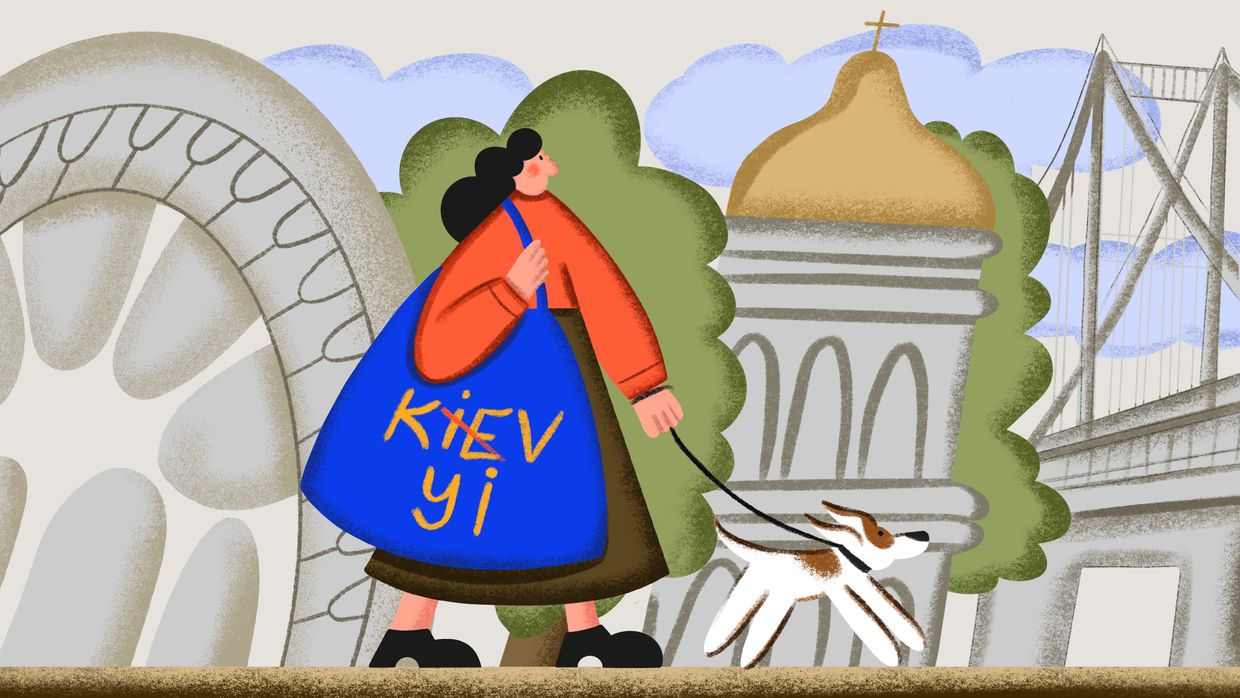Half of global population descended from ancient group in what is now Ukraine, DNA research shows

Editor's note: The article was corrected to indicate that the village of Mykhailivka was liberated during Ukraine's counteroffensive in 2022.
Half of the human beings alive today are descended from the Yamnaya culture, a group that lived in what is now Ukraine 5,000 years ago, according to new DNA research led by David Reich, a geneticist at Harvard Medical School, the Wall Street Journal reported on March 8.
Around 4 billion people can trace their ancestry to the Yamnaya, a community of cattle herders who lived in the areas that make up the modern-day Ukraine and expanded dramatically across Europe and Asia, the research shows.
Researchers identified Mykhailivka, a Kherson Oblast village occupied by Russia in March 2022 but liberated later the same year, as the genetic birthplace of the Indo-European peoples who spread across the European continent and West Asia in waves of migration.
The equestrian culture, dubbed Yamnaya after the pits (yama in Ukrainian and Russian) in which they buried their dead beneath mounds called kurgans, is seen as a shared ancestor to various ancient peoples, including the Romans, Celts, Persians, and Macedonians.
The new DNA research analyzed remains of 450 prehistoric individuals from 100 sites across Europe and 1,000 previously known ancient samples, reinforcing earlier theories on the spread of the Yamnaya culture based on archeological and linguistic evidence.
Russia's war and occupation have inflicted devastating damage to Ukraine's cultural heritage.
As of February, 485 Ukrainian cultural sites have been confirmed as damaged during the war, including two archeological sites. Russia has also consistently looted Ukrainian artifacts from Crimea, Donbas, and elsewhere since 2014, transporting many to Russian museums.













